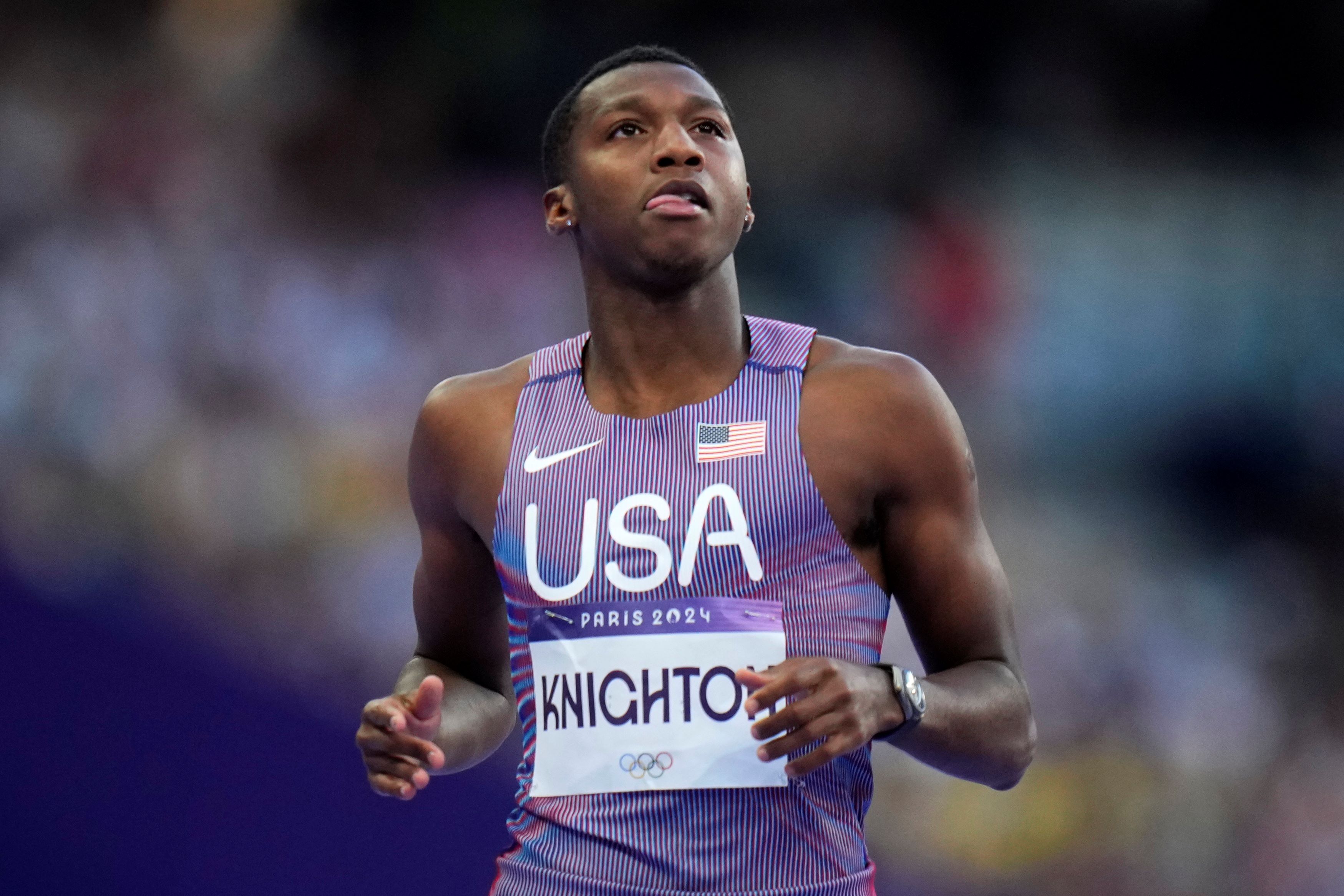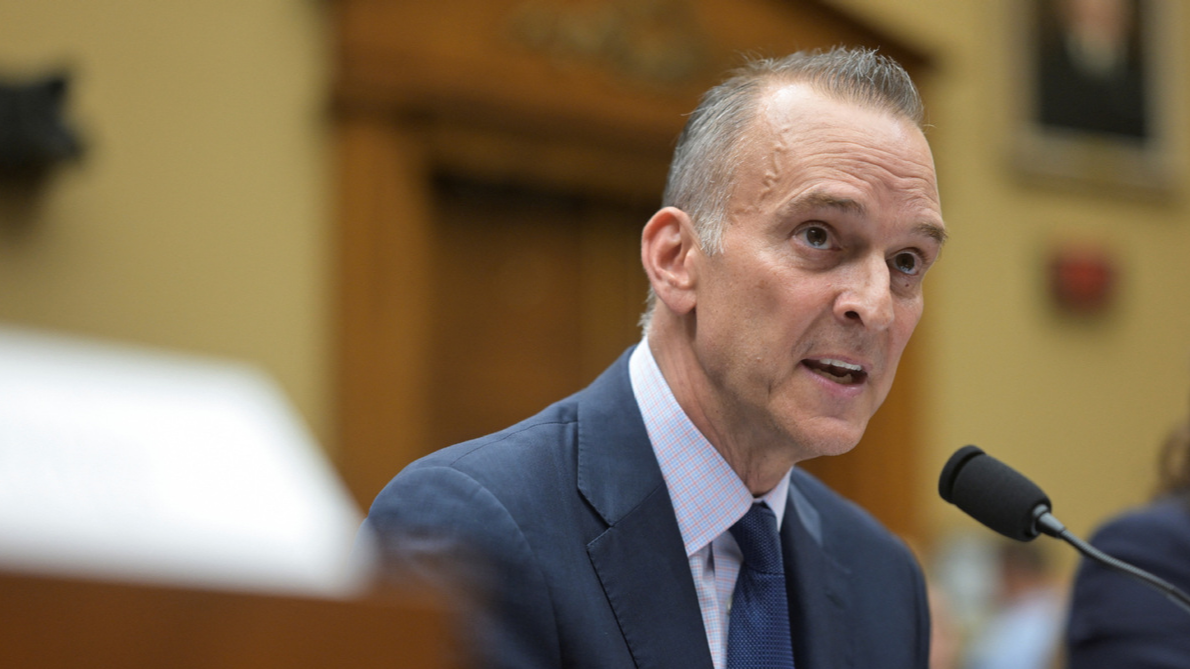Chinese anti-doping agency calls for a level playing field to rebuild global trust in fair play

The China Anti-Doping Agency has called for intensified testing on athletics from the United States and efforts to rebuild global trust in fair competition.
In a statement issued on Aug 8, the agency said, “We strongly call on the International Testing Agency (ITA) to intensify testing on US track and field athletes.”
“We also strongly recommend that the Athletics Integrity Unit (AIU) strengthen anti-doping supervision of US track and field, prevent the doping risks, and strictly investigate relevant cases, in an endeavor to truly protect the legitimate rights and interests of the clean athletes around the world, and to rebuild the trust of global athletes in fair play,” it said.
READ MORE: A relay impressive haul
The agency noticed that the specifics of the US Olympic sprinting star Erriyon Knighton’s positive test have been widely reported by media at home and abroad, following which the United States Anti-Doping Agency (USADA) made a public statement on the case. However, there are still several question marks surrounding the case.
One example is that the USADA CEO said blatantly that “trenbolone is a well-known livestock enhancer in the US and other parts of the world”.
With hundreds of positive tests for trenbolone in recent years worldwide, why is it that only a small number of US athletes have escaped sanctions based on USADA’s claims of meat contamination?
READ MORE: CHINADA accuses US of double standards in anti-doping case
Why has the USADA not ever warned US athletes about the risk of contamination of trenbolone in meat? asked the agency.
If trenbolone is indeed a common contaminant in the US, the Chinese agency would like to remind athletes from all over the world, including American athletes, to pay close attention to the meat contamination problem in the country when training and competing there, to strengthen doping risk prevention measures, and to eat meat products with caution.
In addition, the fact that Knighton was unilaterally exonerated by USADA also reflects another concern: doping scandals have been too frequently seen in US athletics, and USADA’s handling of these doping cases has been inconsistent and questionable.
ALSO READ: US urged to stop creating false doping narratives
Several other US athletes have also been involved in doping scandals. According to media reports, Carl Lewis, the nine-time US Olympic gold medalist, once acknowledged that despite testing positive three times before the 1988 Seoul Olympics, he was eventually “let off the hook” and represented the US in Seoul.
The Olympic 100m champion Justin Gatlin, who failed two doping tests and should have been banned for life according to relevant rules, was finally given a four-year ineligibility period after USADA’s exculpatory efforts.

In 2003, a shocking doping scandal that hit the sports world exploded from The Bay Area Laboratory Co-operative in San Francisco, whose founder Victor Conte provided a list of professional athletes buying their performance-enhancing drugs, including 100m sprint stars Marion Jones and Tim Montgomery.
READ MORE: China, US Olympic Committee leaders discuss collaboration, athlete support
Gil Roberts, once part of the US 4x400m relay team that won gold at the 2016 Rio Olympics, was cleared by USADA in 2017 by claiming that his positive test was caused by kissing his girlfriend. However, Roberts was found to have taken a banned substance again in 2022 and was given a 16-month ineligibility. Eight months after his return in 2023, Roberts was again given an eight-year eligibility for a failing test.
It is also worth noting that this April, US track and field athlete Aldrich Bailey tested positive for ostarine, an androgen receptor modulator, during an out-of-competition test. USADA decided that the positive test was due to contaminated neoprene hamstring sleeves used by the athletes. However, ostarine is not a common contaminant.
Given the deep-rooted stains in US athletics and USADA’s repeated disregard for procedures and standards, there is reason to suspect there is a systemic doping problem in track and field in the US.
ALSO READ: Zhang defends Chinese swimmers, questions 'unfair' Western media
According to the President of the World Anti-Doping Agency (WADA), Witold Banka, data collected in projects involving law enforcement agencies and National Anti-Doping Organizations in Europe revealed that the US is one of the world’s largest markets for illicit steroids and performance-enhancing drugs.
Also pointed out by WADA in a recent statement, 31 percent of US athletes were not sufficiently tested in the 12 months before the Tokyo Games.


